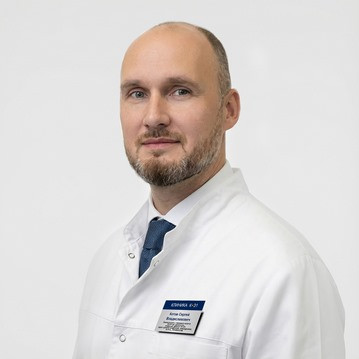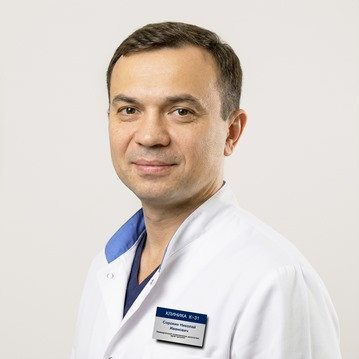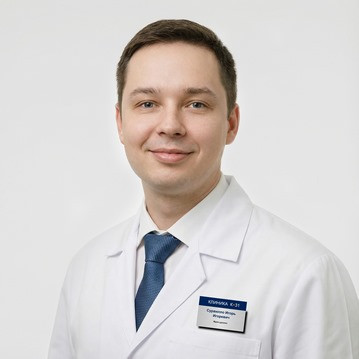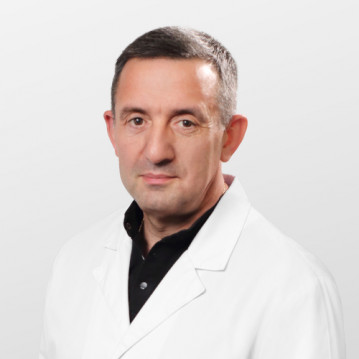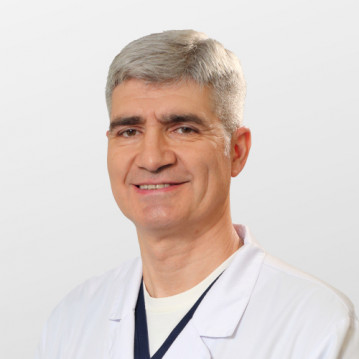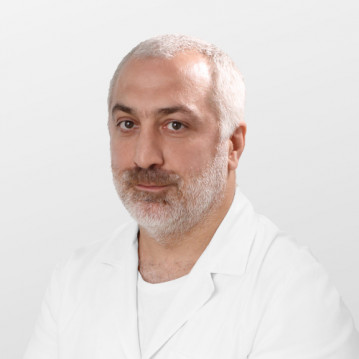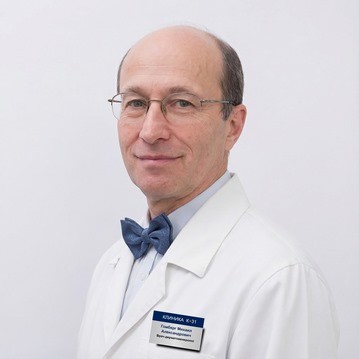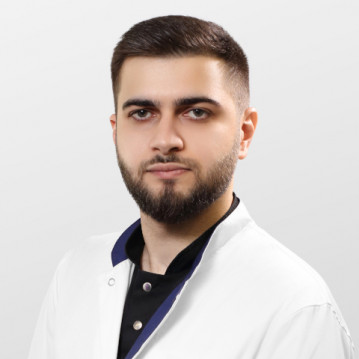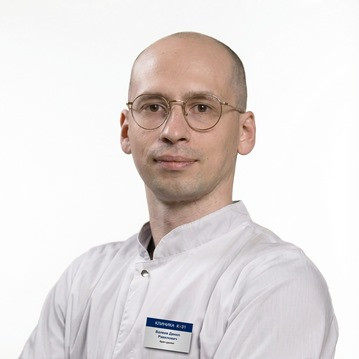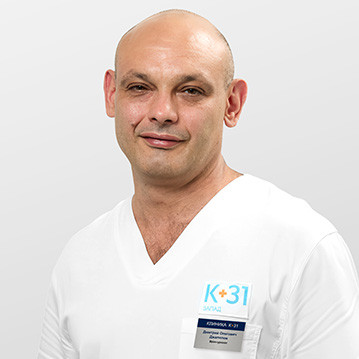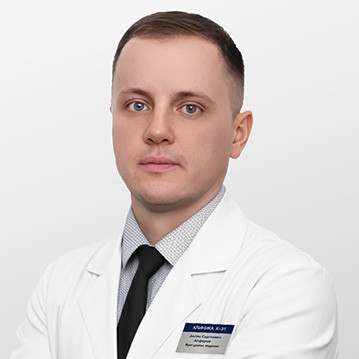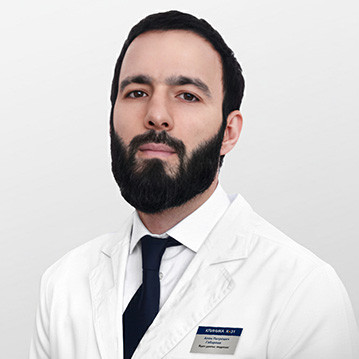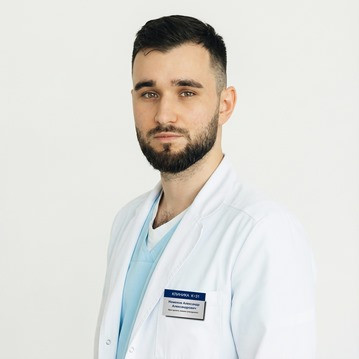Biopsy - taking tissue particles from the patient's organs. The study makes it possible to see the cellular composition of the organ, to determine the processes taking place in it. A biopsy of the prostate helps to identify benign and malignant tumor processes, inflammation and other pathologies. And is currently the most reliable method for diagnosing prostate cancer. Unfortunately, this disease is one of the most often found in oncology and in the early stages is detected by chance during a routine or screening examination due to lack of specific symptoms. And the final clinical diagnosis is made after the study of biopsy material.
Our doctors perform a biopsy and all procedures associated with it, qualitatively, painlessly, with a minimum of possible side effects and a guarantee of the accuracy of the study. Call our medical center (Moscow) or fill out an application on the website, and our operator will contact you as soon as possible.
Indications for a biopsy
- elevated blood PSA level in a patient;
- prostatic lumps detected on digital transrectal examination (physical examination);
- changes in prostate tissue detected by ultrasound diagnostics;
- precancerous changes;
- suspicion of a tumor as a result of tests or examinations;
- the need for clarifying diagnostics in diseases of the prostate gland;
- monitoring the effectiveness of operations performed (transurethral resection, prostatectomy).
A prostate biopsy is an invasive examination and is prescribed only after an examination by a doctor who performs a rectal examination of the prostate, as well as after the results of tests and an ultrasound examination.
Contraindications for prostate biopsy:
- prostatitis or diseases of the rectum (proctitis, hemorrhoids) in the acute stage;
- inflammation of the rectum;
- acute infectious disease;
- severe kidney or heart disease;
- blood clotting disorders;
- other severe conditions of the patient.
Infections and diseases can affect the result of the study, so if the patient has them, the procedure is often postponed to another date.
Types of prostate biopsy
- transrectal biopsy - collection of prostate cells through the rectum using a biopsy needle;
- transurethral diagnostics - sampling of gland tissues through the urethra (urethra) using a flexible endoscopic probe with a camera and a needle at the end;
- transperineal - sampling, which is performed through an incision in the perineum under ultrasound control.
There are also blind (performed under finger control), multifocal biopsy (under ultrasound control, the sampling is made from 12 points) and saturation biopsy of the prostate (from 24 points). The last two give more accurate diagnostic results.
How is a prostate biopsy performed?
Usually hospitalization is not required, the procedure is performed on an outpatient basis, under local anesthesia, the patient does not experience pain. Most often, a prostate biopsy is performed transrectally - a device called a "biopsy gun" is inserted into the patient's rectum. It quickly “shoots” with a special needle, which makes the smallest puncture and takes material - filamentous samples of gland tissue. Depending on the proposed diagnosis, ultrasound data, the level of prostate-specific antigen (PSA), the doctor takes from 12 to 20 pieces of the organ. Manipulation takes from 10 to 15 minutes.
Diagnosis is performed under anesthesia. Different types of anesthesia can be used:
- applying a gel based on lidocaine or novocaine into the rectum;
- an injection of an anesthetic around the prostate;
- intravenous or spinal anesthesia.
After a prostate biopsy, a swab is inserted into the rectum and a course of antibiotics may be prescribed. As a rule, the procedure is carried out with local anesthesia, but in some cases - with the help of general anesthesia. If anesthesia is indicated, the study is carried out in a hospital and strictly on an empty stomach.
Multifocal biopsy of the prostate can be done transrectally, transurethral, or transperineally. Under ultrasound control, gland tissue samples are taken from 12 points of the peripheral zone of the patient's organ. The peripheral zone of the gland is the part of the organ in which prostate cancer occurs in most cases.
Our doctors will perform a prostate biopsy as painlessly, efficiently and quickly as possible so as not to cause you discomfort. Call our "K+31" center in Moscow or leave a request for a call back on the website.
Prostate biopsy results
A fragment of prostate tissue is sent to the laboratory for histological research. It will show what cells the tumor consists of, whether it is benign or malignant, how much it has spread in the organs, what is the stage of the disease.
Tumors can consist of glandular cells, modified cells of the gland. The tumor can be with a membrane that separates it from healthy cells, or it can be multi-layered and grow into neighboring healthy tissues.
The response from the laboratory comes in a period of 4 days to 2 weeks. The duration depends on the number of samples, the complexity of the study. You can also get a transcript, find out the diagnosis and further treatment tactics from the specialists of our clinic.
